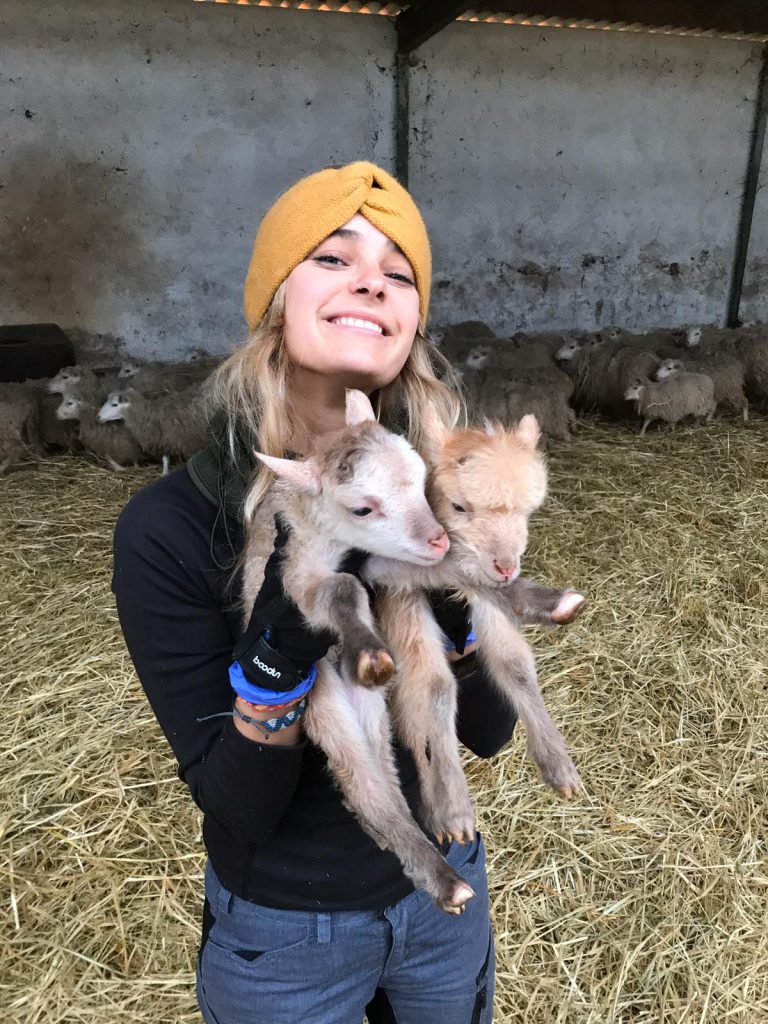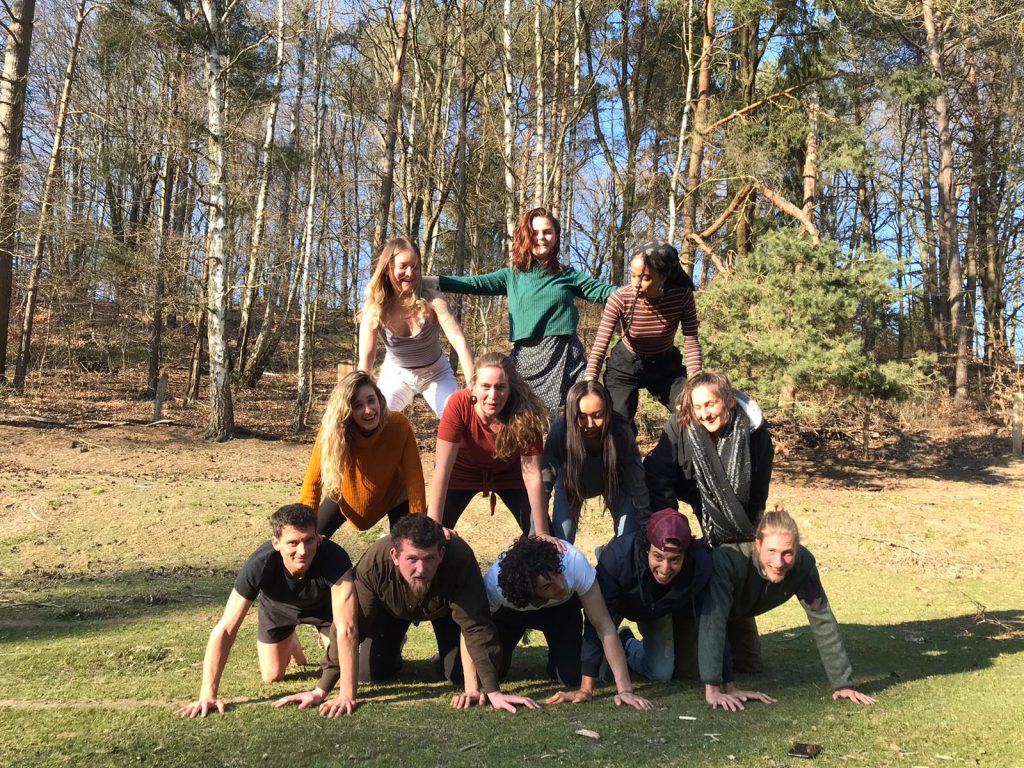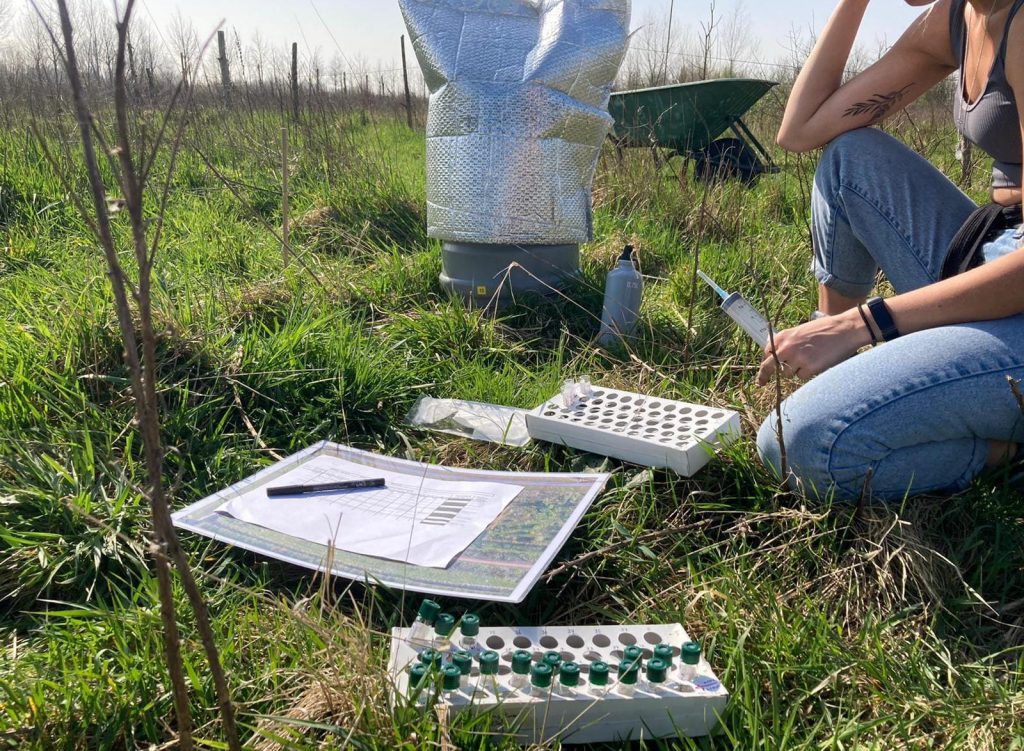Postcards from … Leyden
The first time I came to Sammatz was in 2016, I can’t believe it was almost 5 years ago already. I know that at this point it is practically a cliché to say that this place changed the way I see the world, but the truth is that it did.
The first time I went, I feel that I was very young and still had not defined my priorities, I was 20 years old. The truth is that I just enjoyed living for a few weeks in contact with nature, I discovered the pleasure of working with my hands and seeing the results, meeting new people and living with internationals in a cooperative environment.

But after my first summer of volunteering at Sammatz, when I returned to my hometown (Seville, Spain), I realized that I could not stand something that until then had never really bothered me: the smoke of rush hour cars on my way to the university in my throat. After only a few weeks in a place away from large urban centers, I had become much more sensitive to the effects of pollution; I could feel it in my eyes and throat. Although I feel that I have always been a person with sensitivity to nature (I am also a biologist), at that moment I began to give it greater importance. This feeling, at first so simple, began to shape my way of thinking about nature, environmental protection and the possibility of alternative ways of living (such as community living).
During the next two summers I returned to the community, and finally when I finished my studies, I decided to live for a longer period of time in Sammatz.

During the two years I lived there, I learned that I am capable of doing almost anything with my hands if given the opportunity (and the right tools), I learned to live and work with people who come from the most disparate backgrounds and to respect and understand them, to enjoy working with the animals to ensure their greater well-being, understanding that each one has its needs and to understand that behind the food you put in your mouth there is an immense work that we must begin to dignify and respect for the importance it has. I learned that being able to take a walk in the forest, enjoy and learn from its fauna and flora is a luxury that few enjoy, and fewer will be able to do so if there are no people promoting change. It became my family and my home. It will always be a second home to me.
Thanks to all the experiences that this place gave me, I decided to study a Master’s Degree in Biodiversity and Sustainability, which I am currently doing.
At the moment I am working on several exciting projects related to sustainability and biodiversity preservation: doing my own agroforestry project, experimenting with agroforestry systems on different types of soils and testing their long-term feasibility. Also collaborating in projects of other colleagues, such as nutrient cycling in forestry systems or analysis of greenhouse gas production.

In the coming years I would like to work in alternative agriculture projects that explore techniques such as agroforestry, which help to promote a coexistence with nature as less invasive as possible, developed in an environment of coexistence, teamwork and a lot of enthusiasm to change the world 🙂
Julia, Leyden, Netherlands



